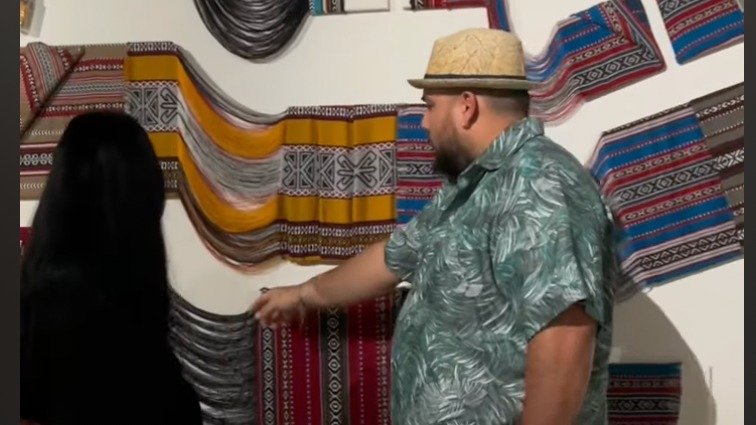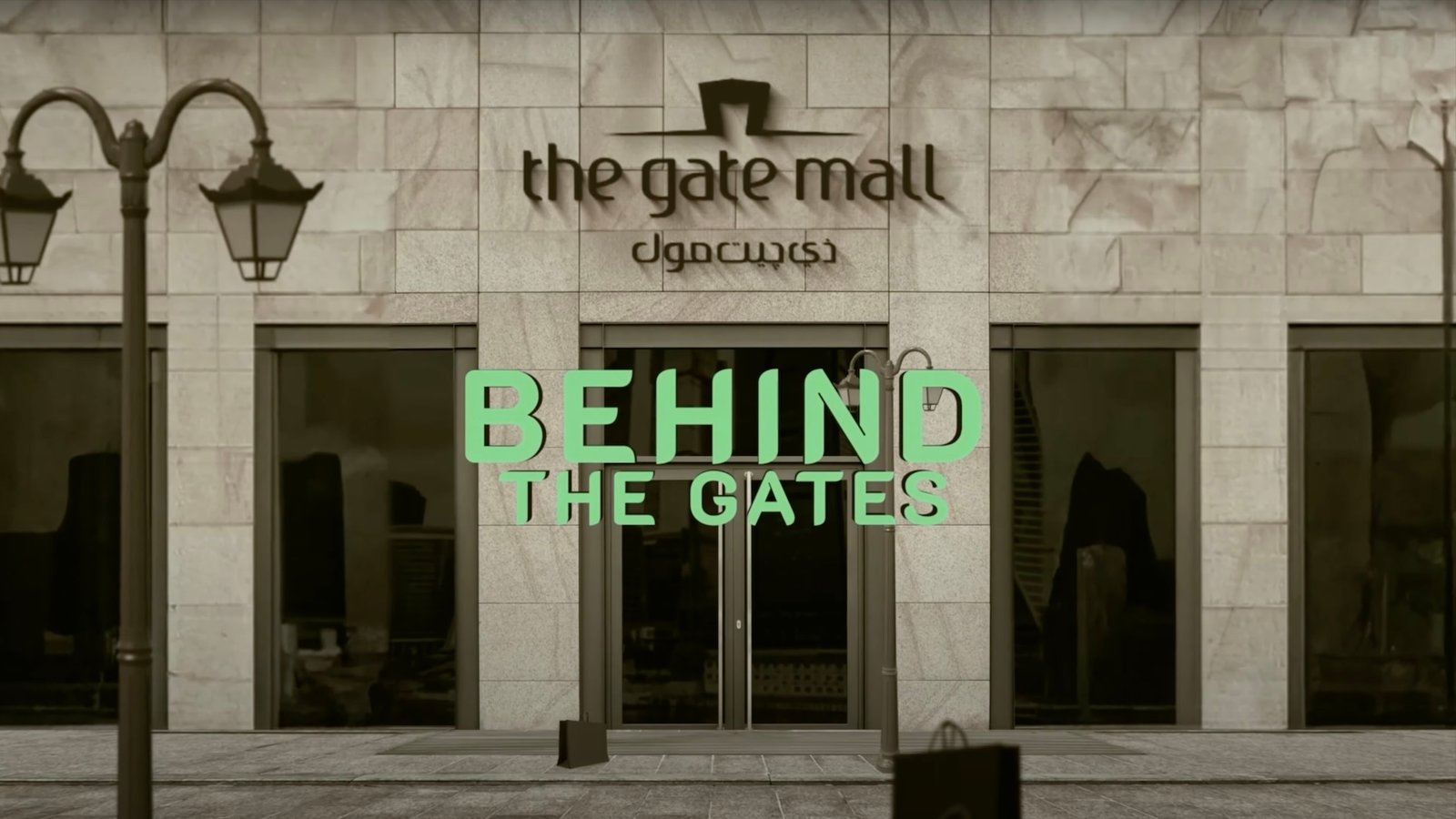Hoops for All Basketball Camp: A FIBA Foundation Initiative Led by...
Abdulrahim Ashraf Abuissa, a FIBA Youth Leader and FIBA Foundation Basketball...
Dec 16, 2024
Msaharati in Ramadan
Elisabeta Kadrija, Mar 14, 2024
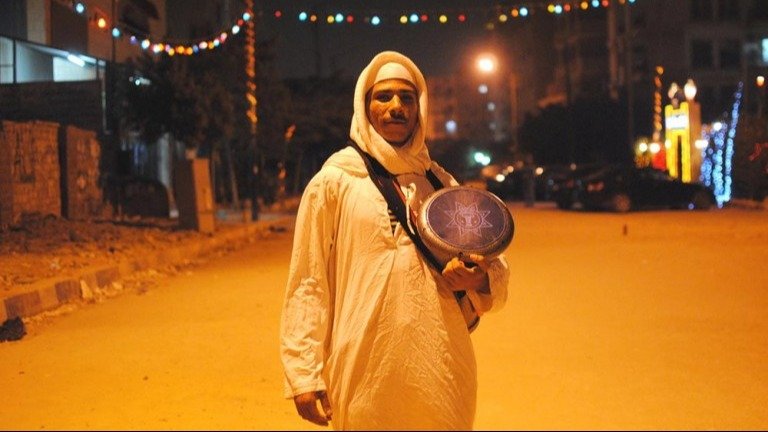
Embracing Tradition: The Role of the Msaharati in Ramadan
Ramadan, the holiest month in the Islamic calendar, is a time of fasting, prayer, reflection, and community. One of the unique and cherished traditions observed during Ramadan is the role of the Msaharati, a figure deeply ingrained in the cultural fabric of Muslim societies.
The Msaharati, also known as the Suhoor caller, plays a vital role in waking up fasting individuals before dawn to partake in Suhoor, the pre-dawn meal before the day's fast begins. This time-honored tradition dates back centuries and is deeply rooted in the Islamic heritage, symbolizing unity, community, and spirituality.
Originating from the Arabic word "Sahar," meaning dawn or the time before dawn, the role of the Msaharati has been passed down through generations, often within specific families or communities. Traditionally, the Msaharati roams the streets or alleys of neighborhoods, carrying a drum or using their voice to awaken sleeping households.
The rhythmic beating of the drum or the melodious chants of the Msaharati serve as a gentle reminder to those observing Ramadan to wake up and partake in Suhoor, ensuring they have sustenance to endure the day-long fast ahead. Beyond its practical purpose of waking people for Suhoor, the presence of the Msaharati fosters a sense of communal spirit and solidarity among neighbors and communities.
In addition to waking people for Suhoor, the Msaharati is also known for reciting traditional Ramadan chants, known as "Nashid al-Ramadan," praising Allah and extolling the virtues of fasting and devotion. These heartfelt chants echo through the streets, creating an atmosphere of reverence and spirituality as people prepare for another day of fasting and worship.
The role of the Msaharati is not merely confined to waking people for Suhoor but extends to embodying the spirit of Ramadan itself – a time of compassion, generosity, and unity. The Msaharati's presence symbolizes the collective effort of the community to support and encourage one another in observing the rituals of Ramadan.
Despite modern advancements and technological innovations, the tradition of the Msaharati remains deeply cherished and continues to thrive in many Muslim-majority countries around the world. While alarm clocks and mobile phones may serve as convenient alternatives for waking up for Suhoor, the presence of the Msaharati embodies the essence of Ramadan and reinforces the bonds of community and tradition.
In conclusion, the role of the Msaharati during Ramadan is a testament to the rich cultural heritage and spiritual significance of the holy month. As the Suhoor caller gently rouses the faithful from their slumber, their presence serves as a reminder of the collective journey of fasting, prayer, and spiritual renewal embarked upon by Muslims around the world during Ramadan.

Abdulrahim Ashraf Abuissa, a FIBA Youth Leader and FIBA Foundation Basketball...
Dec 16, 2024

Al Jazeera Media Network will launch its new digital platform “Al Jazeera 360...
Sep 14, 2024
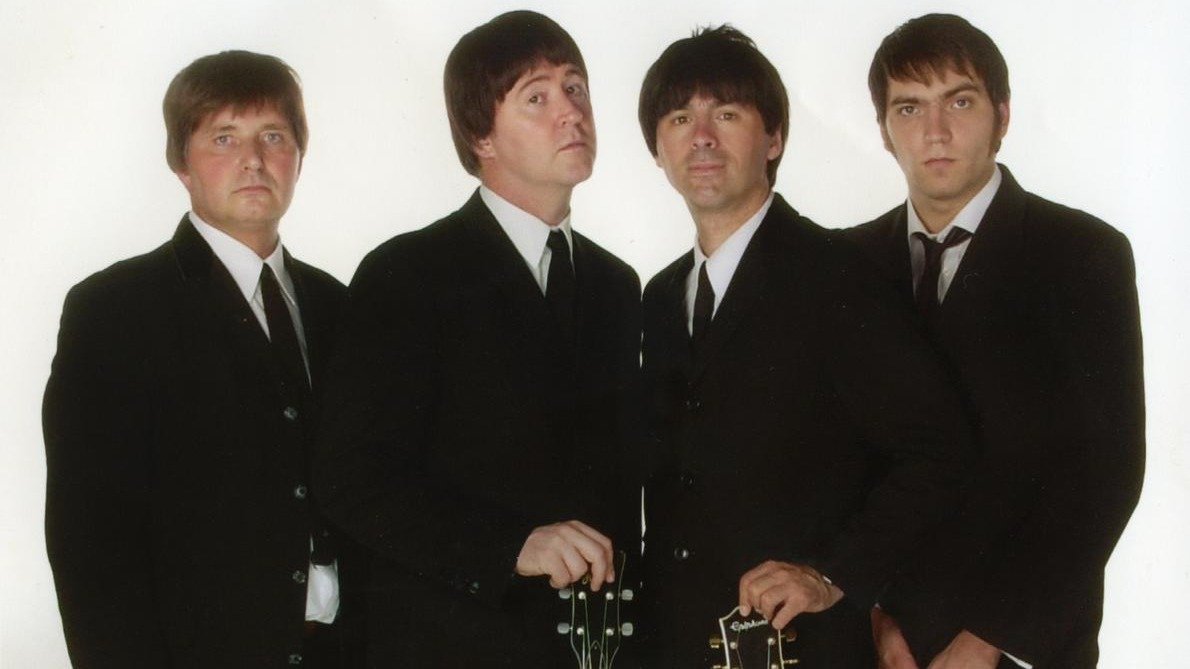
Radisson Blu Hotel, Doha is thrilled to announce the return of its highly ant...
Aug 21, 2024
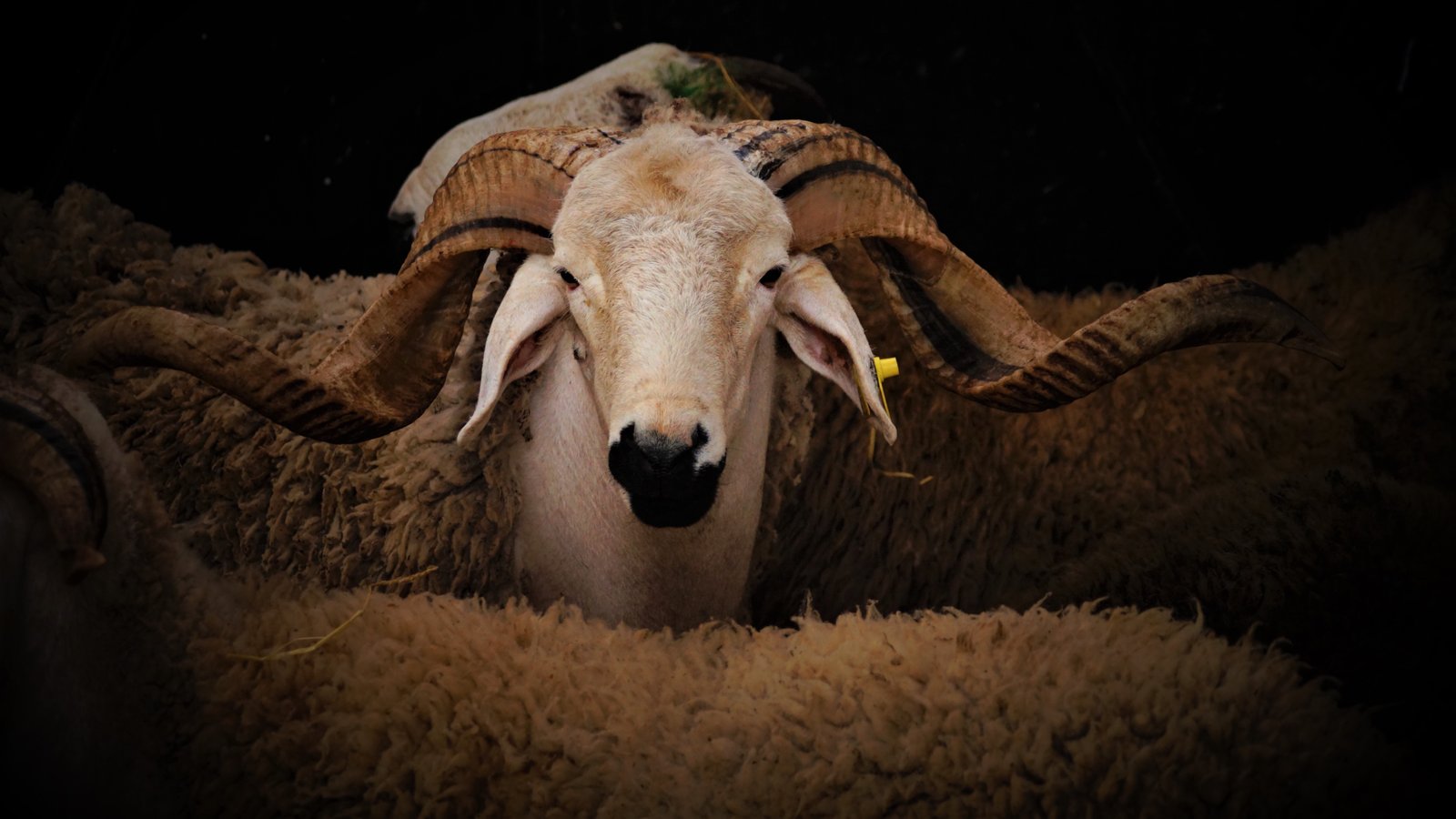
Eid al-Adha, or the "Festival of Sacrifice," is one of the most significant c...
May 21, 2024
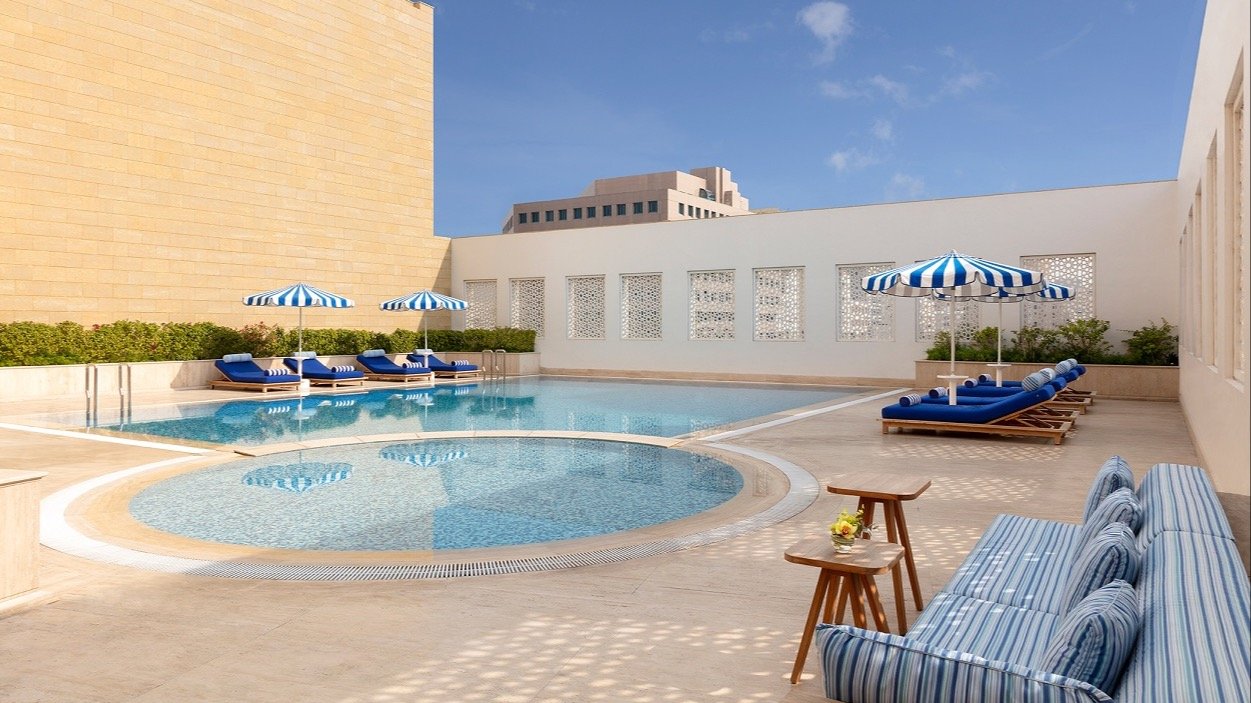
To Celebrate Eid Al Adha and Beat the Summer Heat
Jun 11, 2024

Subscribe to our newsletter !
Dec 18, 2024
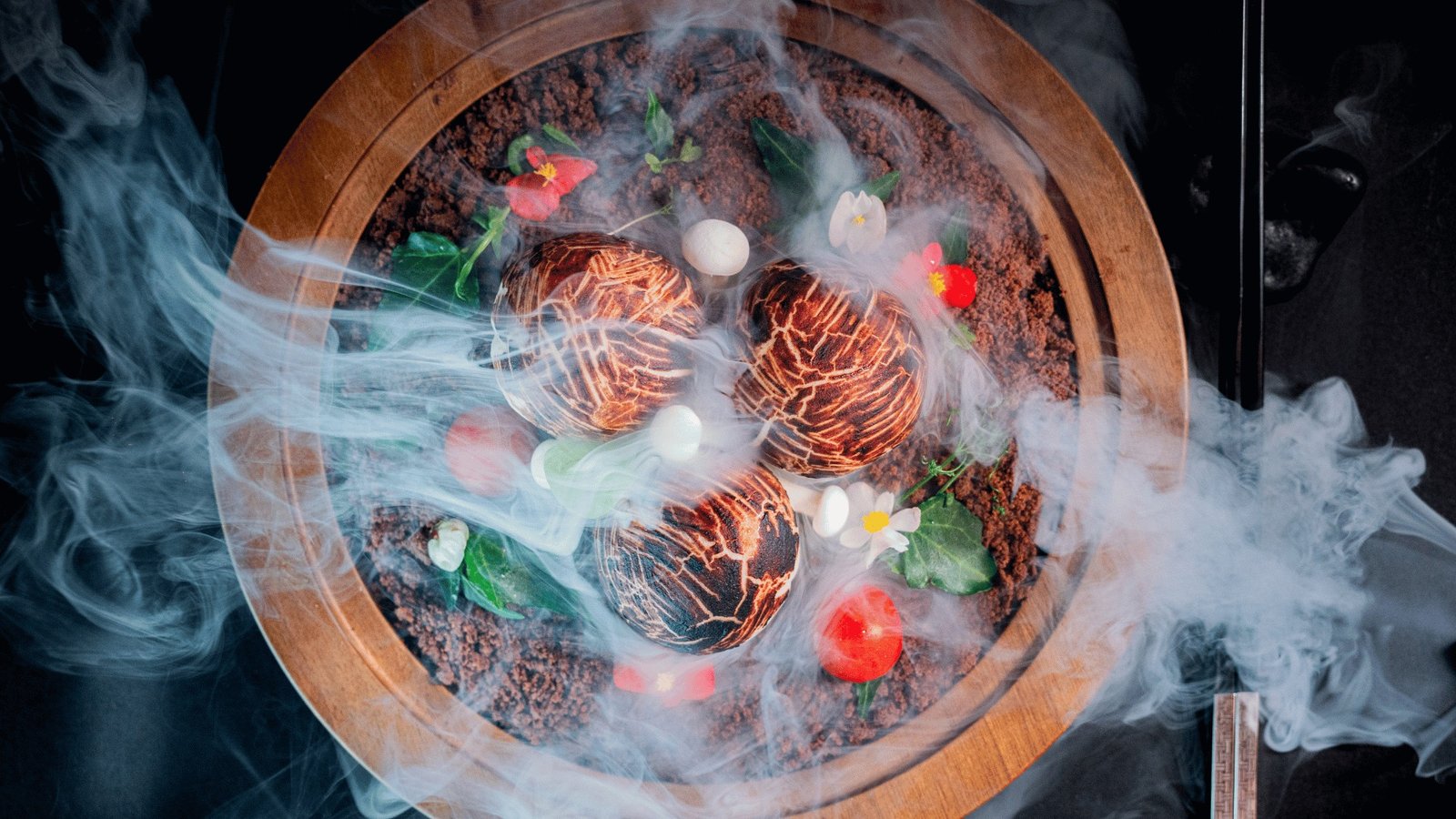
Waldorf Astoria Doha is delighted to officially announce the Grand Opening of...
Jun 11, 2024
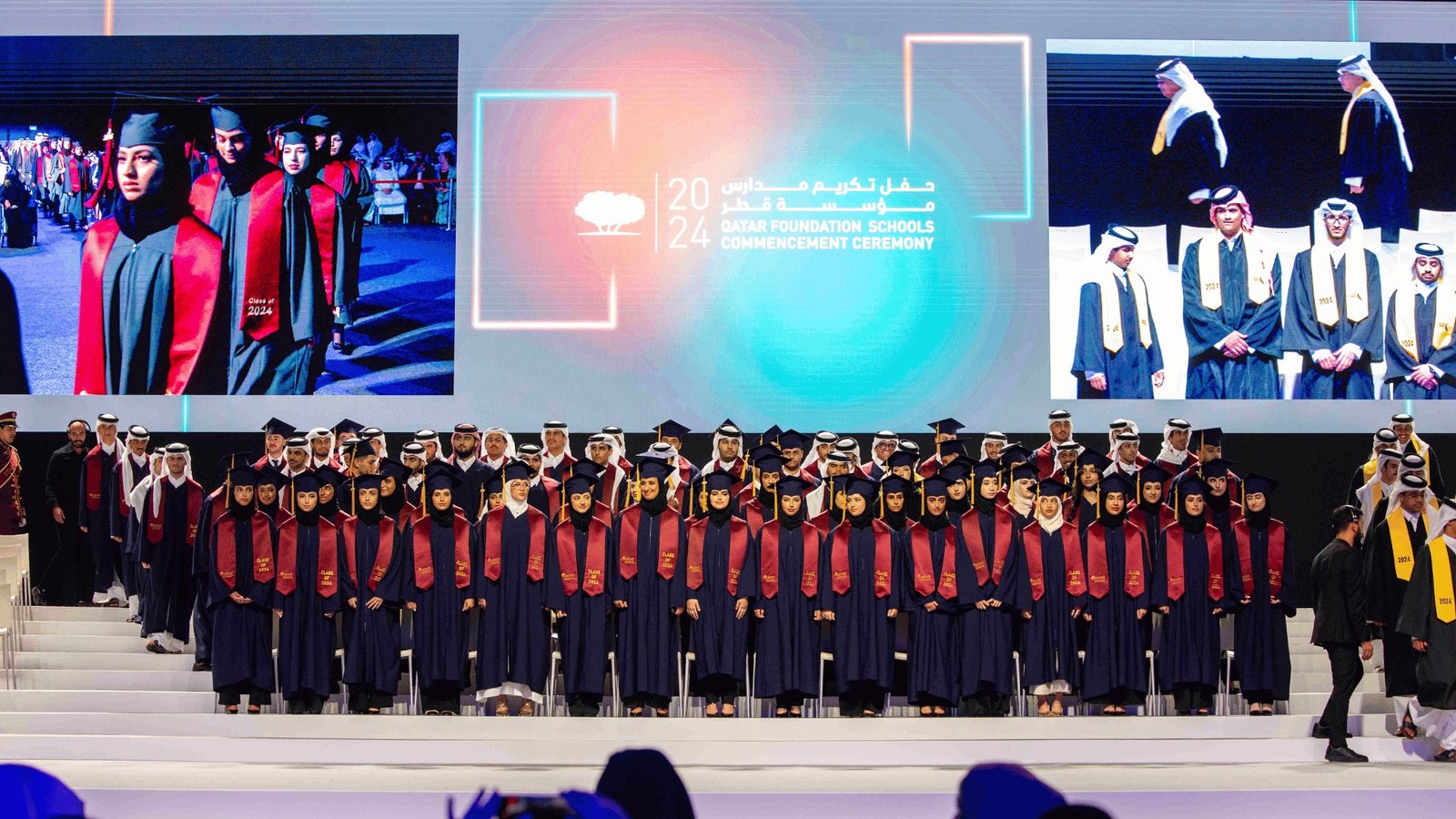
The ceremony honored 290 graduates from seven schools under Qatar Foundation’...
Jun 04, 2024

The MICHELIN Guide announced its arrival in Doha, Qatar for an upcoming 2025...
Jun 04, 2024
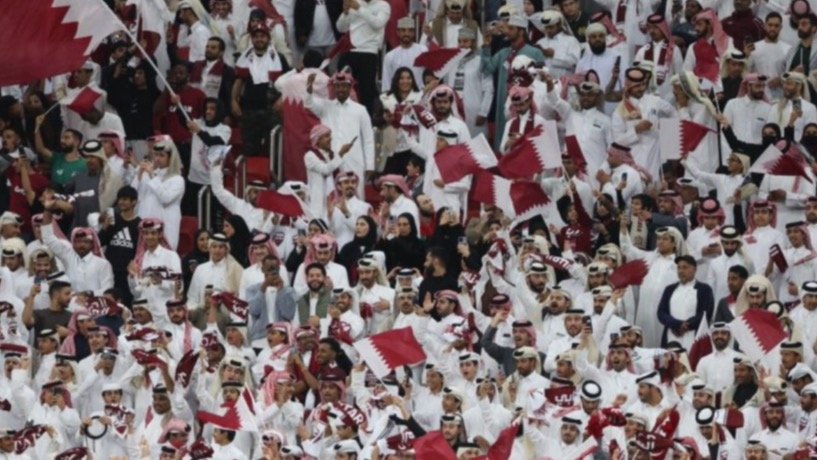
52nd Amir Cup Final Tickets: May 24, 2024, Education City Stadium.
May 20, 2024
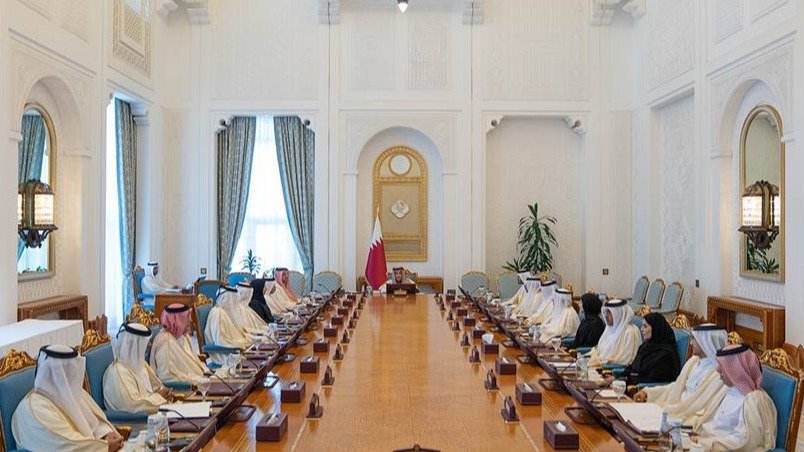
Qatar Cabinet approved a proposal to allow children to enroll in kindergarten...
May 23, 2024






